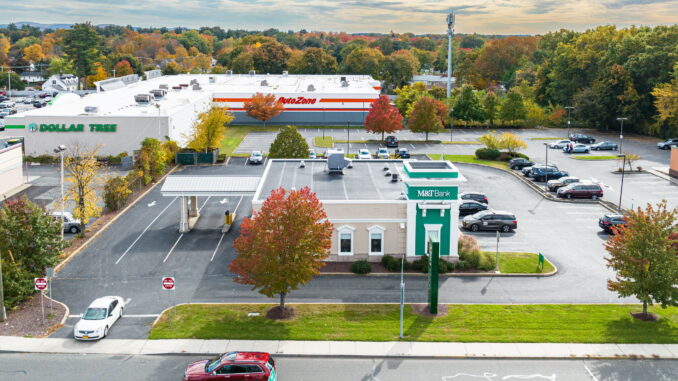

Artificial intelligence has emerged as one of the most impactful tools in modern business, and commercial real estate is no exception. Despite the buzz, AI in CRE is not about replacing brokers, managers, or investors. Instead, it is about enhancing their capabilities.
This technology improves how we interpret data, manage properties, and assess opportunities. It supports expertise by streamlining research and operational tasks, allowing professionals to focus on strategy, relationships, and outcomes.
Advanced Market Intelligence
AI can process large volumes of public and proprietary data to identify market trends in real time. From economic indicators and employment patterns to tenant migration and leasing activity, AI helps uncover insights that would be difficult or time-consuming to find manually. This leads to more confident investment decisions and better timing when entering or exiting a market.
Improved Site Selection
AI-powered location analysis tools evaluate factors such as traffic flow, zoning regulations, proximity to infrastructure, consumer behavior, and demographic changes. This allows developers and investors to assess potential sites more quickly and with greater precision, particularly in emerging or complex submarkets.
Smarter Building Operations
AI-driven systems are becoming increasingly important in property management. Smart sensors and machine learning models can regulate HVAC systems, monitor energy usage, predict maintenance needs, and reduce utility waste. These systems not only lower operating costs but also improve tenant satisfaction and help achieve sustainability goals.
Accelerated Due Diligence
Tasks such as lease abstraction, financial modeling, and document review can be supported by AI tools that quickly extract key information and identify inconsistencies. This accelerates the underwriting process, reduces errors, and frees up professionals to concentrate on higher-level analysis.
Risk Assessment and Forecasting
AI can assess risk by analyzing a wide range of variables, including economic conditions, climate data, and insurance trends. These models offer a more detailed understanding of factors that could affect asset performance over time. This is especially useful in volatile or evolving markets.
AI does not replace the work of commercial real estate professionals. It enhances it. In an industry where decisions carry significant financial weight and long-term implications, the use of AI provides sharper insights, more accurate data, and more time to focus on delivering results.
